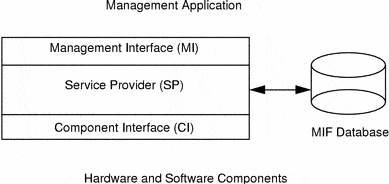Category: Historical Perspectives
-

History of IPv6 and Its Key Features
Learn the history of IPv6. In 1992 that IETF (Internet Engineering Task Force) became aware of a global shortage of IPv4 addresses.
-
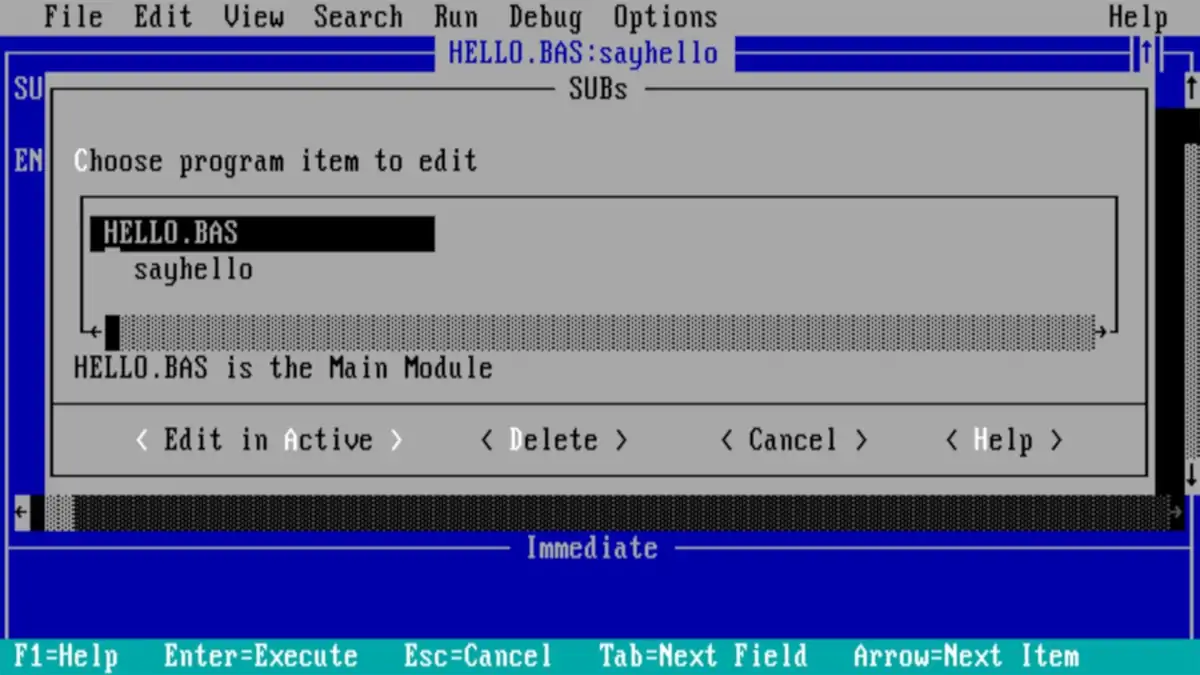
BASIC Programming Language
The BASIC Programming Language was originally developed at Dartmouth College in 1964. BASIC stands for Beginners’ All-purpose Symbolic Instruction Code.
-

P-Series Protocols
Learn what P-Series Protocols are. A group of protocols that are part of the X.400 messaging standards.
-

Personal Digital Assistant (PDA)
A Personal Digital Assistant (PDA) was a handheld computer that was programmed for functions such as keeping track of appointments, sending and receiving e-mail, browsing the Internet, composing memos, performing spreadsheet calculations, managing contacts, banking, and viewing stock quotes.
-

Password Authentication Protocol (PAP)
In this article, we will unravel the layers of Password Authentication Protocol (PAP), exploring its operations, advantages, and its place in the ever-evolving landscape of network security protocols.
-
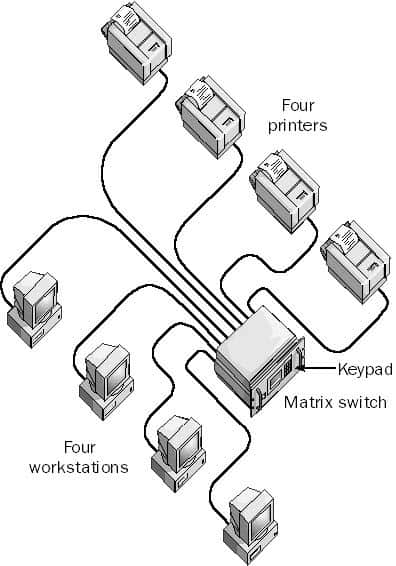
Matrix Switch
Explore the world of Matrix Switches, the versatile electronic switches for efficient sharing of peripherals in computer networks.
-
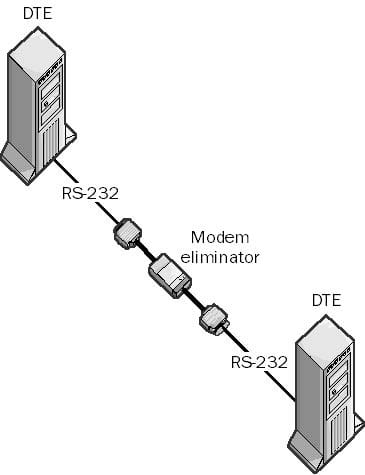
Modem Eliminator
Explore the legacy world of Modem Eliminators, the devices that made connecting two pieces of Data Terminal Equipment (DTE) hassle-free by providing timing and handshaking for synchronous transmissions.
-
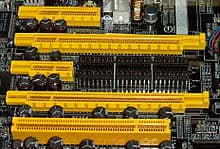
Next Generation I/O (NGIO)
Explore the journey of Next Generation I/O (NGIO) – a pivotal tech leap in server and network infrastructures. Dive into its legacy!
-
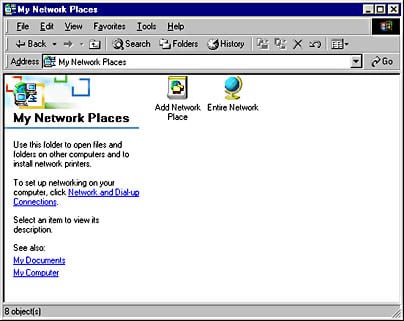
My Network Places
“My Network Places” was a feature in Microsoft Windows operating systems, particularly prominent in Windows XP and earlier versions. It provided a convenient location for users to access network resources, such as computers, printers, and shared folders on a local network.
-
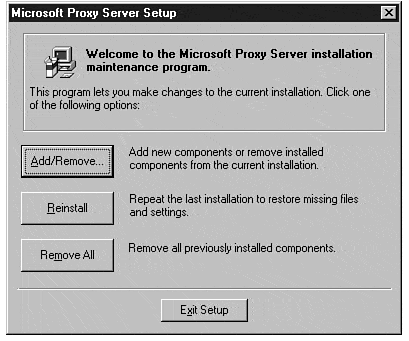
Local Address Table (LAT)
Definition of Local Address Table in the Network Encyclopedia. What is a Local Address Table (Microsoft Proxy Server)? Local Address Table was a component of Microsoft Proxy Server created during the setup process that contains information about your company’s private network. The Local Address Table (LAT) is a text file that specifies the ranges of…
-
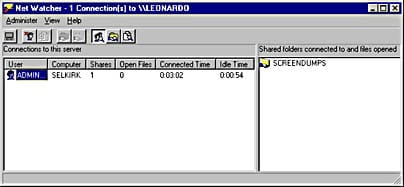
Net Watcher
Discover the evolution of network resource monitoring tools, from the bygone era of Windows 95’s Net Watcher to modern-day solutions. Learn how Windows has adapted over the years.
